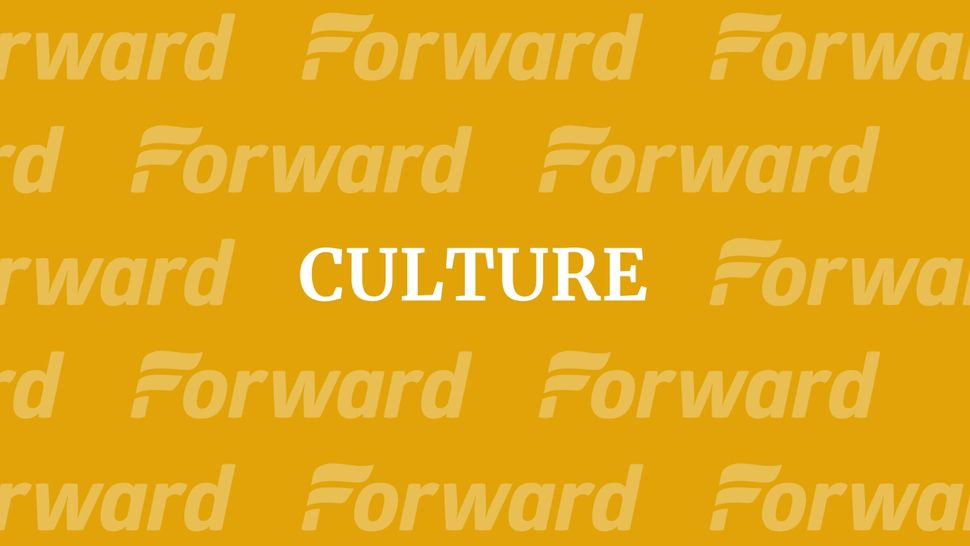Finding The Best Bourekas On The Planet
It’s an unforsaken hour and I’m flying over the Atlantic Ocean towards Tel Aviv in August. The dinner cart is making its way down the aisle, knocking elbows and dispensing hot mini pitas. I order the chicken. The answer to any question about what you’d like to eat on a plane should always include the…






















